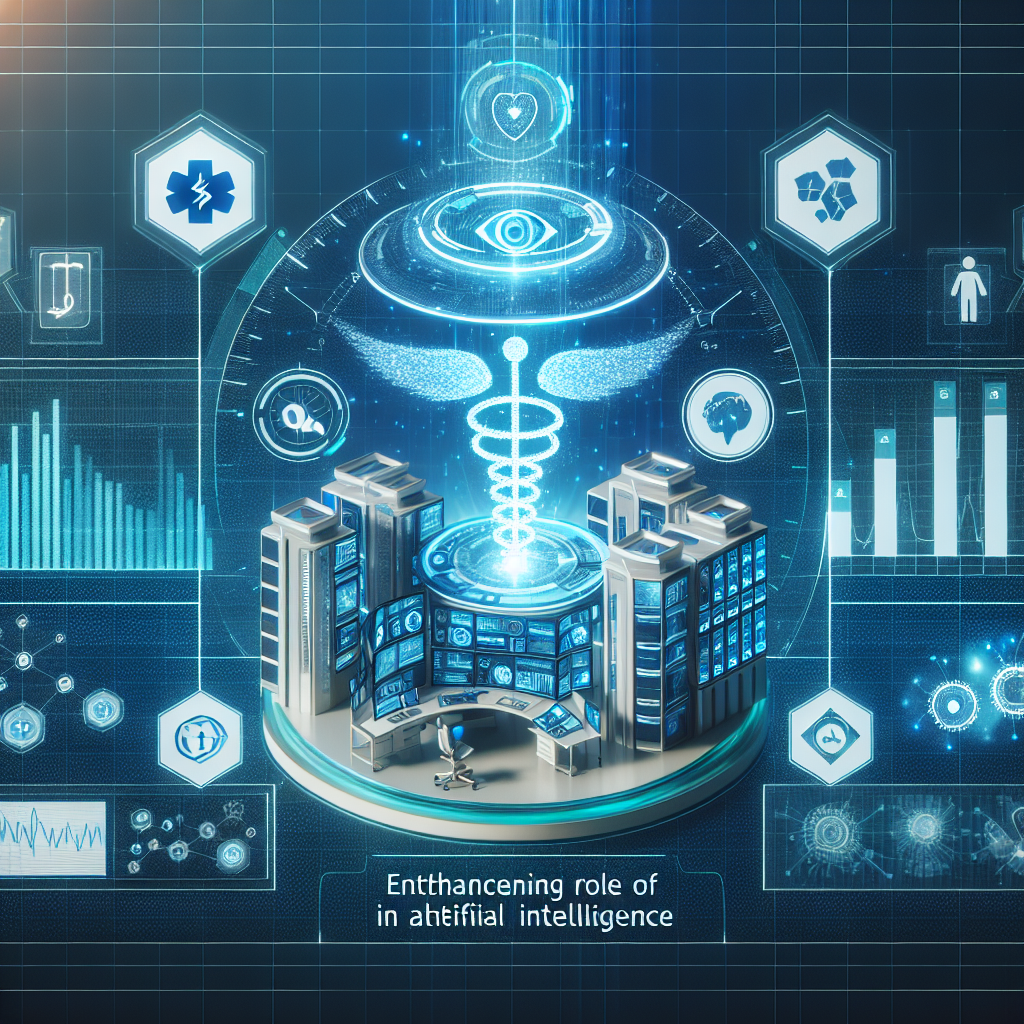Artificial intelligence (AI) has revolutionized many industries in recent years, and healthcare is no exception. One area where AI is making a significant impact is in healthcare compliance. Healthcare compliance refers to the adherence to laws, regulations, guidelines, and best practices in the healthcare industry to ensure patient safety, privacy, and quality of care. AI technologies are being used to streamline and improve healthcare compliance processes, making it easier for healthcare organizations to stay in compliance and avoid costly penalties.
One of the key ways AI is improving healthcare compliance is through the automation of tasks that were previously done manually. Many healthcare compliance tasks are repetitive and time-consuming, such as monitoring and auditing medical records for compliance with regulations like HIPAA (Health Insurance Portability and Accountability Act) or ensuring that billing codes are accurate and in compliance with regulations. AI technologies can automate these tasks by analyzing large amounts of data quickly and accurately, freeing up healthcare professionals to focus on more complex and critical tasks.
AI can also help healthcare organizations stay in compliance by analyzing data to identify patterns, trends, and anomalies that could indicate potential compliance issues. For example, AI algorithms can analyze billing data to identify patterns of fraudulent billing practices or analyze patient records to identify potential cases of medical identity theft. By flagging these issues early, healthcare organizations can take proactive steps to address them and avoid potential compliance violations.
Another way AI is improving healthcare compliance is through the use of predictive analytics. Predictive analytics uses AI algorithms to analyze data and predict future outcomes, such as the likelihood of a patient developing a particular condition or the risk of a compliance violation occurring. By using predictive analytics, healthcare organizations can identify potential compliance risks before they happen and take proactive steps to mitigate them.
AI technologies are also being used to enhance the monitoring and auditing of healthcare compliance. For example, AI-powered tools can analyze electronic health records in real-time to identify potential compliance issues, such as unauthorized access to patient records or deviations from standard treatment protocols. These tools can also generate alerts and notifications to healthcare professionals when potential compliance issues are identified, allowing them to take immediate action to address the issue.
In addition to improving healthcare compliance, AI technologies can also help healthcare organizations improve patient outcomes and quality of care. For example, AI-powered clinical decision support systems can analyze patient data to help healthcare professionals make more informed treatment decisions, leading to better patient outcomes. AI can also help healthcare organizations track and monitor patient outcomes to identify areas for improvement and enhance the quality of care provided.
Overall, AI is playing a significant role in improving healthcare compliance by automating tasks, analyzing data, predicting outcomes, and enhancing monitoring and auditing processes. By leveraging AI technologies, healthcare organizations can improve compliance, reduce the risk of violations, and enhance patient outcomes and quality of care.
FAQs:
Q: How can AI help healthcare organizations improve compliance with regulations like HIPAA?
A: AI technologies can automate tasks such as monitoring and auditing medical records for compliance with regulations like HIPAA, analyze data to identify potential compliance issues, and predict outcomes to help healthcare organizations stay in compliance with regulations like HIPAA.
Q: Can AI help healthcare organizations identify potential cases of medical identity theft?
A: Yes, AI algorithms can analyze patient records to identify potential cases of medical identity theft by flagging anomalies or inconsistencies in the data that could indicate fraudulent activity.
Q: How can AI improve patient outcomes and quality of care in healthcare?
A: AI technologies can help healthcare professionals make more informed treatment decisions through clinical decision support systems, track and monitor patient outcomes to identify areas for improvement, and enhance the quality of care provided to patients.
Q: What are some examples of AI-powered tools that can help healthcare organizations improve compliance?
A: Examples of AI-powered tools that can help healthcare organizations improve compliance include automated monitoring and auditing tools, predictive analytics systems, and clinical decision support systems.
Q: Are there any potential drawbacks or challenges to using AI in healthcare compliance?
A: Some potential drawbacks or challenges to using AI in healthcare compliance include concerns about data privacy and security, the need for ongoing training and education for healthcare professionals, and the potential for bias in AI algorithms. It is important for healthcare organizations to address these challenges to ensure the successful implementation of AI technologies in healthcare compliance.

